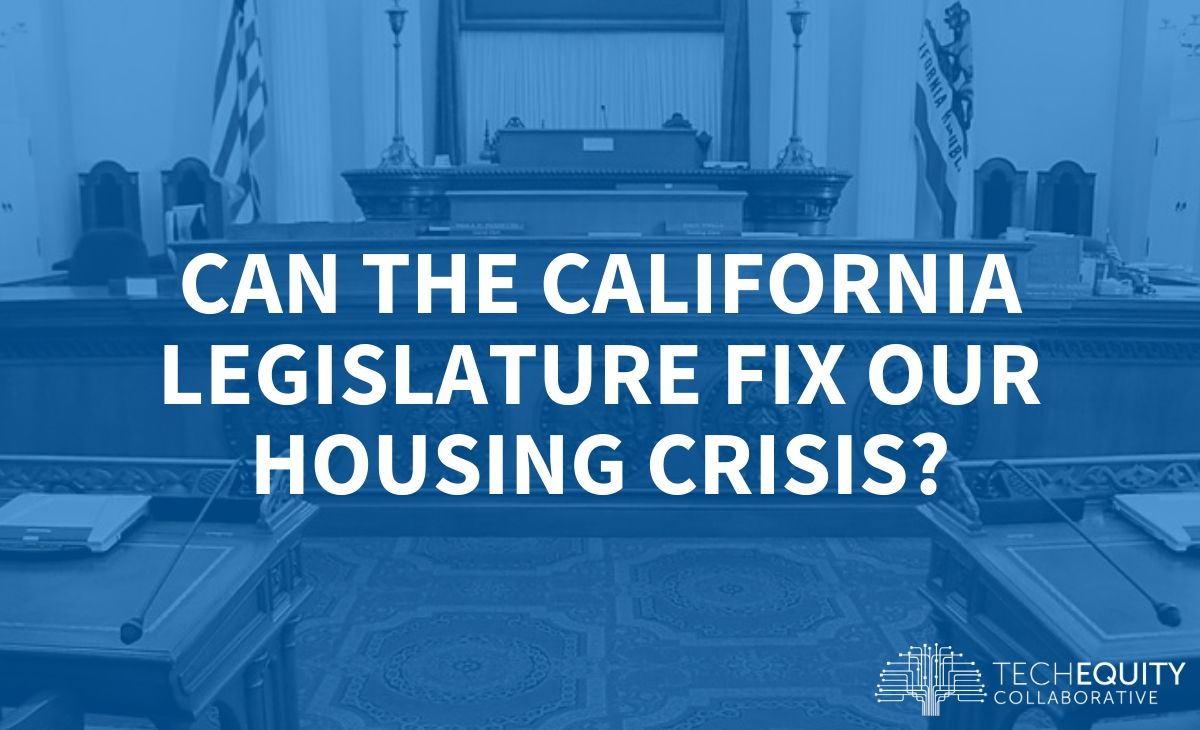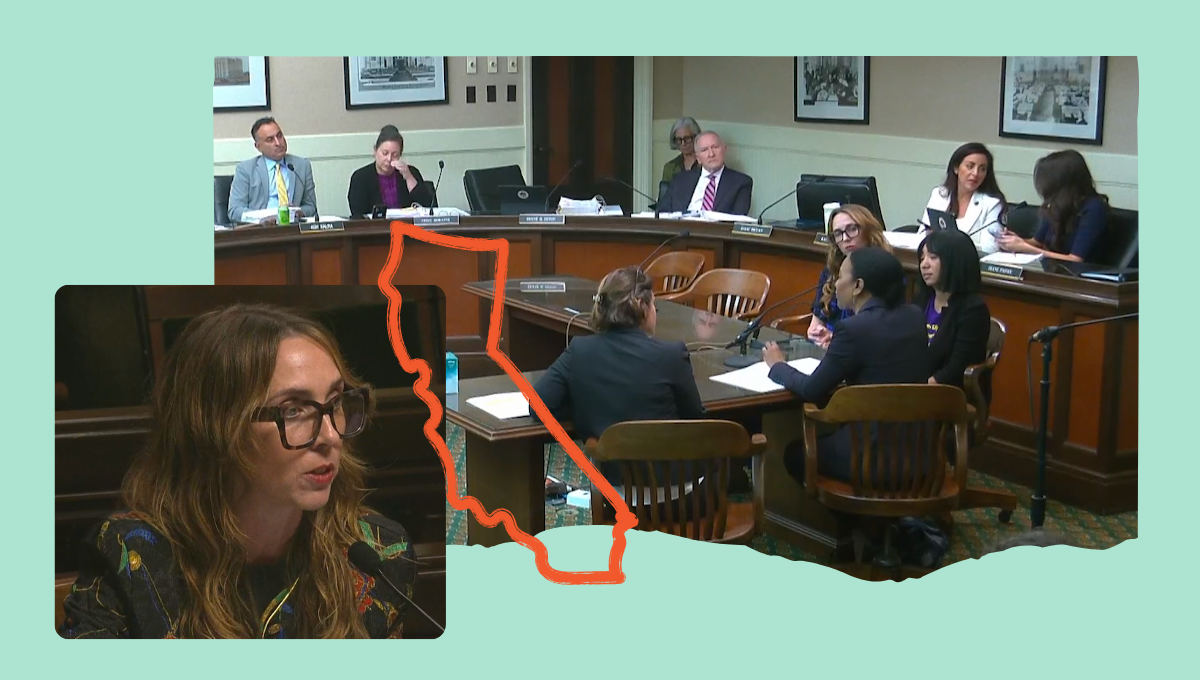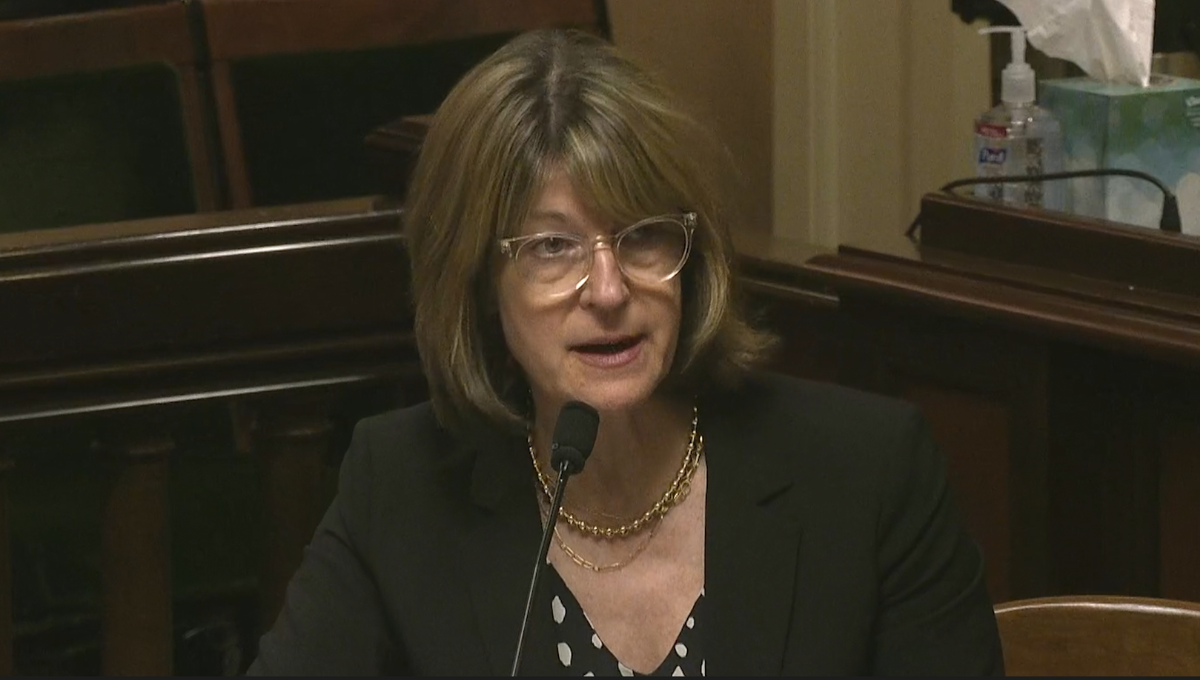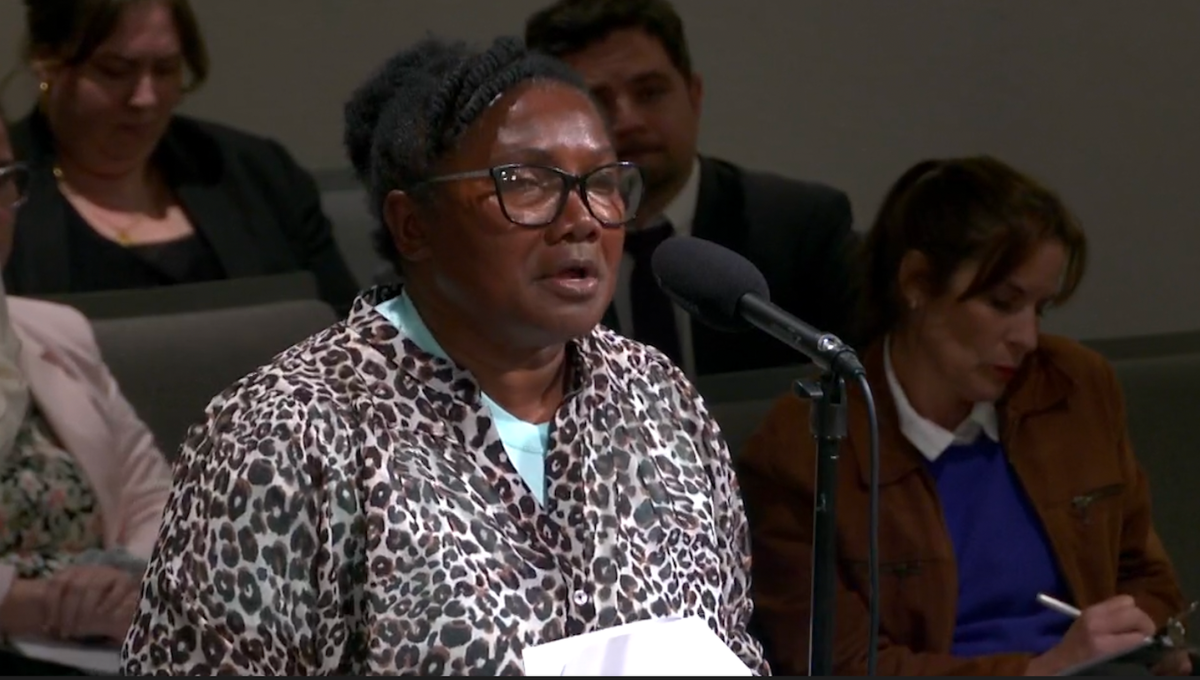Can the California Legislature Fix our Housing Crisis? – Recording

Last Thursday, about 100 people joined us for an online discussion about the most promising statewide bills up for a vote this year and how the closing legislature is complicating things.
Ian Eve Perry, TechEquity’s Policy Manager, moderated the discussion with Matt Levin, housing & data reporter at CalMatters and co-host of the Gimme Shelter podcast, and Megan Abell, Director of Advocacy, led the Q&A.
Check out this twitter thread: https://twitter.com/_fruchtose/status/1281303740662734848
Perry initiated the conversation with a quick overview of what TechEquity Collaborative is and how we work. TechEquity educates tech workers on our region’s most pressing issues, activates them on a policy advocacy agenda and connects tech workers to the community in which they live.
If you work in tech, and you aren’t already a member, you can join TechEquity today! We’re working (from home) every day to ensure everyone in the Bay can live a healthy, stable life here; this is an easy way to endorse the work we’ve been doing—and will continue to do—in your name. Become a member now!
Perry broke down the 3Ps of Housing framework; Protection, Production, and Preservation.
- Protection is about ensuring that existing tenants have the necessary protections in place that prevent displacement.
- Production is all about making it easier to build more housing at lower levels of affordability.
- Preservation makes sure we are providing more resources to subsidize and maintain & improve existing affordable housing.
Check out the bills in the legislature that follow the 3P’s of Housing framework here.
Perry brought Matt Levin into the conversation by asking him how he would assess the current state of housing this year. Levin stated that the current pandemic has changed what was possible. What was supposed to be the big year of housing for the state, especially in terms of building more affordable housing, has gone out the window.
And still, there are some key bills still alive in the legislature that are worth focusing on. Levin highlighted that one of the most pressing issues is the looming eviction crisis. With the current pandemic causing people to lose their jobs and income, more and more tenants are at risk of eviction. A critical bill in preventing that is Asm. David Chiu’s bill AB 1436, which would protect tenants from eviction after nonpayment. Levin posed a question for the legislature: how will these various eviction protection bills be reconciled or compromised such that they are passed in a timely fashion? Levin reminded us that the clock is ticking for families across California.
In response to Perry’s question about just how big the risk of mass evictions is, Levin stressed that the impeding crisis is massive. There isn’t a way for certain to calculate how many people are at risk of eviction or not paying rent. The data that is currently available is imperfect. Levin added that after the support from unemployment or stimulus packages expires, the looming eviction crisis may be worse.
According to Levin, the biggest challenge for the legislature is the budget. With the depletion of the state’s budget and a growing deficit, Levin argued that it makes it more difficult to pass laws. The second biggest challenge is timing. The California State Assembly had to shut down recently because multiple members tested positive for COVID-19. This combination has created a huge obstacle, slowing down passing crucial legislation.
Perry asked Levin if there were any bills he’s hopeful for. Levin highlighted SB 899, which streamlines housing developments on the land of nonprofit hospitals or religious institutions. Levin remarked that it’s fascinating that the bill may have a tough time passing in the Assembly, even though it would construct more affordable housing. SB 899 passed in the Senate but still needs to pass in the Assembly.
At the end of the discussion Megan Abell, Director of Advocacy, joined to share audience questions. One of the questions was “How much can we expect rents to decline beyond what’s already happened, and if people are evicted and apartments are filled, how can landlords pay their mortgage?”. Levin responded that there are data issues as he mentioned earlier that makes it hard to predict if rents will go down in the future. But, his instinct tells him there will be significant declines in rent. Perry added that rent control plays an important role within the eviction crisis because tenants in rent-controlled apartments might be targets for eviction since they are paying below-market rates.
The conversation concluded with further discussion of what roles local governments play as well as how to better collect data. It is important for people to reach out to their local and state politicians to let them know how flawed our data is as well as the urgency that families are experiencing. With a shutdown legislature, our eviction crisis has the potential to become much worse.
If you’d like to check out the video recording and hear more audience Q&A please check out the video above. Big thanks to Matt Levin for joining the discussion! Make sure to check out his podcast here. If you work in tech and would like to join us as a member, join us here.





